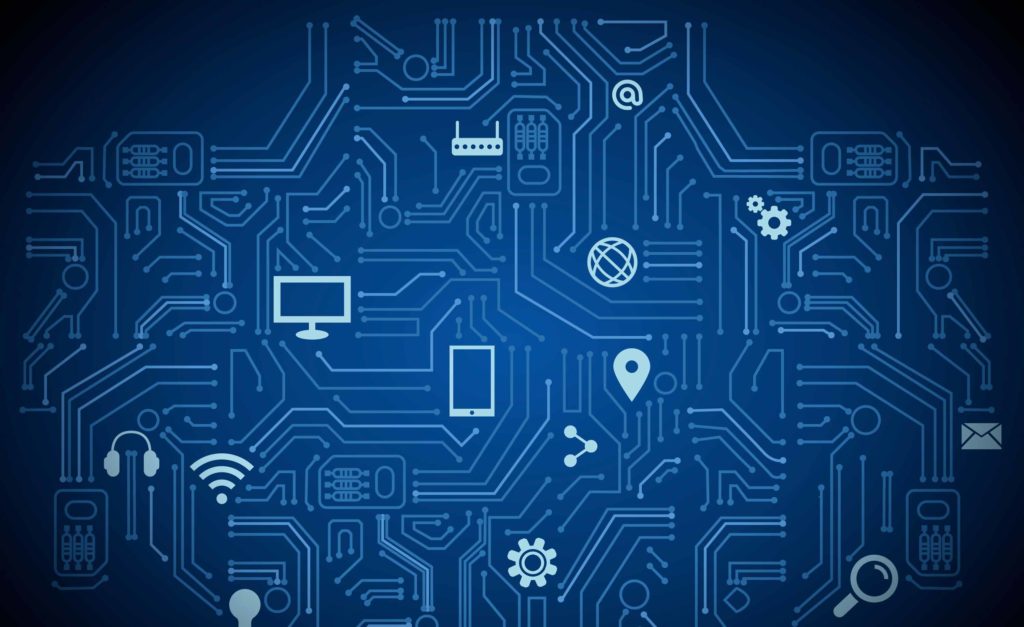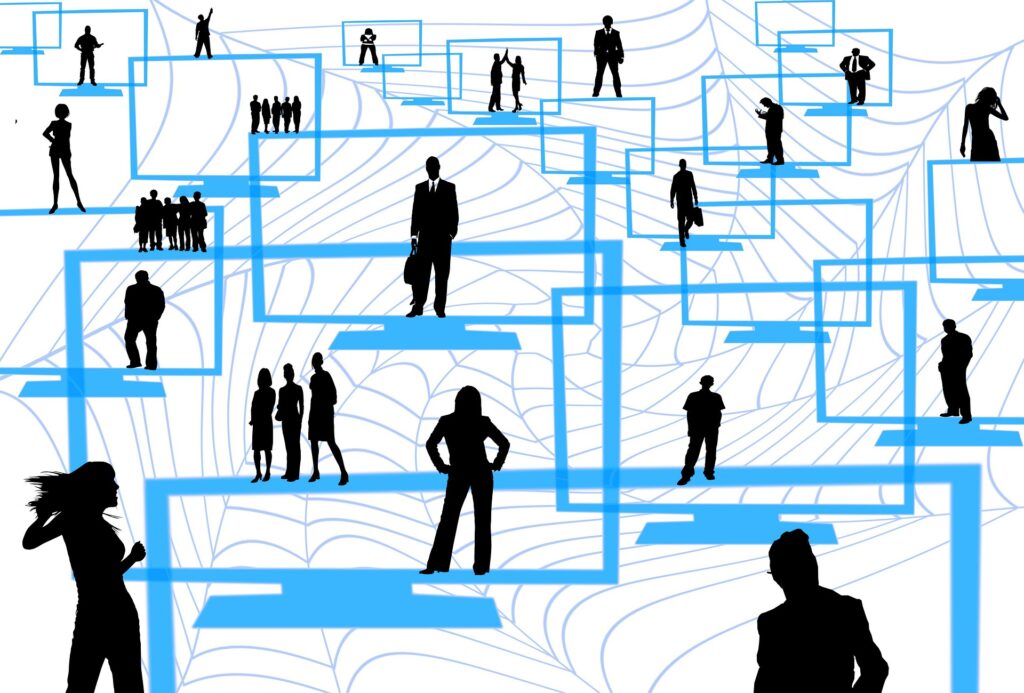Imagine walking into a car dealership, and before you even say a word, the salesperson greets you by name, knows your preferred car model, and even remembers your last service visit. Sounds like magic, right? Well, it’s not—it’s Automotive Customer Relationship Management (CRM) at work!
In today’s fast-paced world, car buyers expect seamless, personalized experiences. Whether it’s purchasing a new vehicle, scheduling a service, or getting timely reminders for an oil change, CRM systems help automotive businesses stay ahead of customer expectations. But what exactly is automotive CRM, and why is it such a big deal? Buckle up—we’re about to take a deep dive into the world of CRM in the auto industry!
Understanding Customer Relationship Management
At its core, CRM is all about managing interactions with current and potential customers. Think of it as a digital Rolodex on steroids—it stores customer data, tracks communication, and helps businesses build stronger relationships.
Back in the day, car sales relied on paper files and memory. Today, CRM systems automate everything, from follow-up emails to service reminders. The goal? Keeping customers happy and coming back for more.
What Makes Automotive CRM Unique?
Not all CRMs are created equal. While a retail store might use CRM to track purchases, automotive CRM is a whole different beast. Why? Because buying a car isn’t a one-time transaction—it’s a long-term relationship.
From the first test drive to years of maintenance, automotive CRM ensures no customer falls through the cracks. Dealerships use it to nurture leads, service centers rely on it for appointment scheduling, and manufacturers leverage it for loyalty programs.
Key Features of Automotive CRM Systems
A top-notch automotive CRM isn’t just a fancy contact list—it’s packed with features designed to boost sales and customer satisfaction:
- Lead Management: Tracks potential buyers from inquiry to purchase.
- Automated Follow-ups: Sends reminders for test drives, financing options, and service checks.
- Service Scheduling: Lets customers book appointments online.
- Personalized Marketing: Sends tailored promotions based on past behavior.
Benefits of Automotive Customer Relationship Management
Why should car businesses invest in CRM? Simple—happy customers mean more profits.
Here’s how CRM pays off:
- Boosts Retention: Customers stick around when they feel valued.
- Speeds Up Sales: Automated workflows mean faster deal closures.
- Improves Service: No more missed oil changes or expired warranties.
- Data-Driven Decisions: Analytics reveal what’s working (and what’s not).
How Automotive CRM Enhances Customer Experience
Ever gotten a generic email from a dealership and immediately hit delete? CRM fixes that by making every interaction personal and timely.
- Tailored Communication: Sends offers based on customer preferences.
- Quick Responses: Chatbots and AI answer queries instantly.
- Proactive Alerts: “Your car’s warranty is expiring soon!”
Types of Automotive CRM Software
Not every CRM is built the same—just like cars, they come in different models designed for specific needs. Some focus on speeding up sales, others on keeping service departments organized, and some combine both to create a seamless customer journey. Here’s a breakdown of the main types:
- Dealership CRM – This is the sales team’s best friend. It helps track leads, manage test drives, follow up with potential buyers, and even automate financing approvals. Think of it as a digital sales assistant that ensures no customer slips through the cracks.
- Service CRM – Repair shops and service centers rely on this to keep operations smooth. It schedules appointments, sends maintenance reminders, tracks vehicle history, and even predicts when a customer might need their next oil change. It’s like having a personalized pit crew for every car owner.
- Manufacturer CRM – Big automakers use this to strengthen brand loyalty. It manages warranty programs, collects customer feedback, and runs rewards initiatives (like free servicing after a certain number of visits). This type of CRM turns one-time buyers into lifelong brand advocates.
Some advanced systems even merge all three, giving dealerships a 360-degree view of every customer—from first contact to repeat service visits.
Integrating CRM with Other Automotive Technologies
CRM systems don’t operate in isolation—they’re like the central nervous system of a modern automotive business, connecting with cutting-edge technologies to deliver smarter, faster, and more personalized customer experiences.
Here’s how CRM collaborates with other innovations to revolutionize the industry:
1. CRM + AI (Artificial Intelligence)
AI supercharges CRM by predicting customer needs before they even ask. Machine learning analyzes past behavior—like service history or browsing patterns—to suggest the perfect time for an oil change or recommend a car upgrade. Chatbots handle routine inquiries 24/7, while AI-driven analytics help sales teams prioritize the hottest leads.
It’s like having a virtual sales and service assistant who never sleeps!
2. CRM + IoT (Internet of Things)
Connected cars are turning vehicles into data-generating machines. Imagine your car detecting a failing brake pad and automatically scheduling a service appointment through the dealership’s CRM—no phone call needed. IoT sensors feed real-time diagnostics into CRM systems, enabling proactive maintenance alerts and reducing breakdowns.
This seamless integration keeps customers loyal (and their cars running smoothly).
3. CRM + Marketing Automation
Gone are the days of blasting generic ads. CRM syncs with marketing tools to deliver hyper-personalized campaigns. If a customer’s lease is ending, the system triggers tailored emails with upgrade offers. Service reminders? Sent via SMS at the optimal time. CRM ensures the right message reaches the right person at the right moment—boosting engagement and conversions.
4. CRM + DMS (Dealer Management Systems)
A dealership’s CRM and DMS work hand-in-hand to streamline operations. When a sale is finalized in the DMS, the CRM instantly updates the customer’s profile for future follow-ups. Inventory levels, financing approvals, and service records sync automatically, eliminating manual data entry and reducing errors.
Challenges in Implementing Automotive CRM
Of course, it’s not all smooth driving. Businesses face hurdles like:
- Data Security: Protecting customer info is a must.
- Costs: High-quality CRM isn’t cheap.
- Employee Training: Staff must learn the system to use it effectively.
Future Trends in Automotive Customer Relationship Management
The road ahead is exciting! Expect AI-powered recommendations, voice assistants, and even blockchain-secured data to revolutionize CRM.
Conclusion
Automotive CRM isn’t just a tool—it’s a game-changer for customer satisfaction and business growth. Whether you’re a small dealership or a global manufacturer, CRM ensures you never lose touch with your customers.
See Also:
What is Insurance Customer Relationship Management
Call Center Customer Relationship Management




